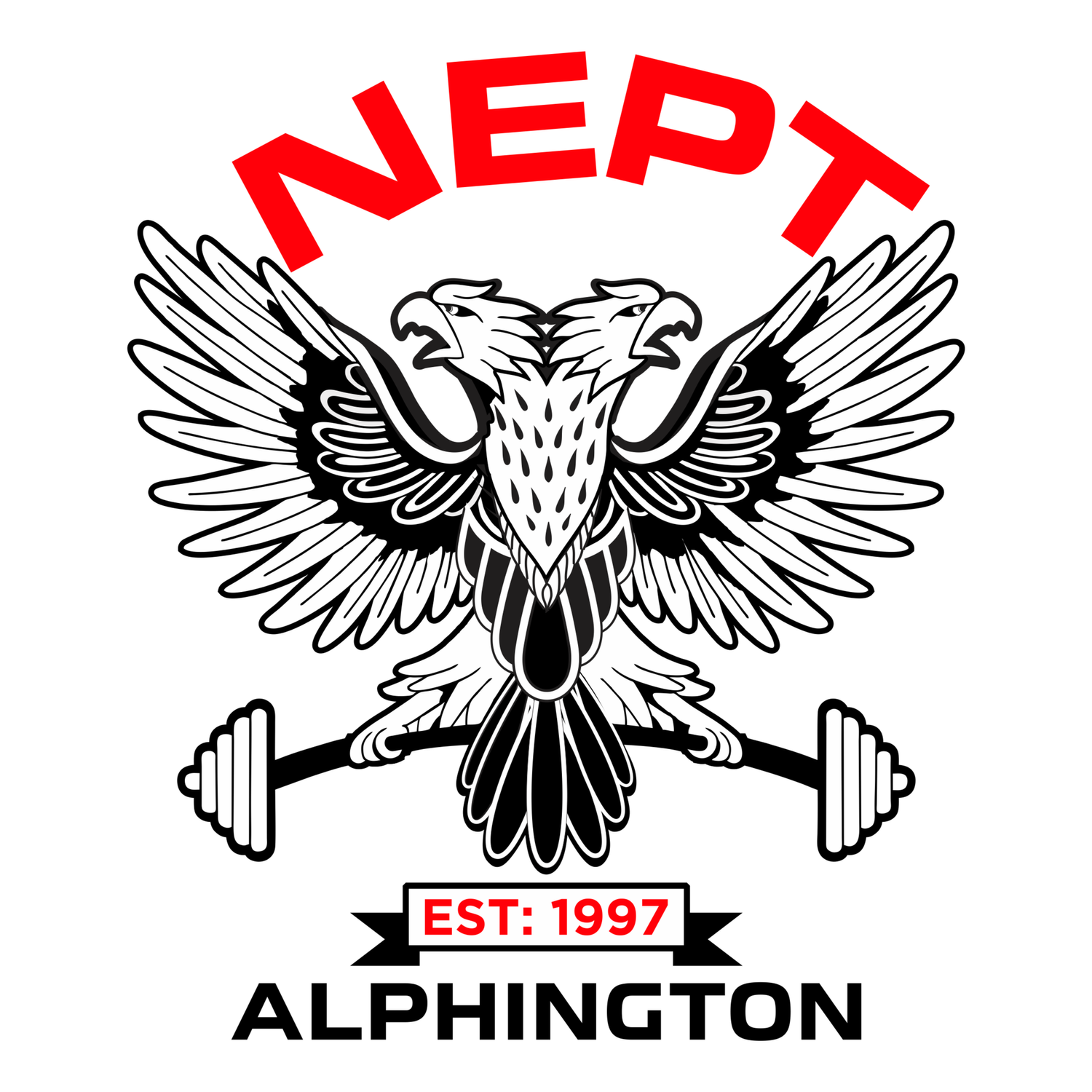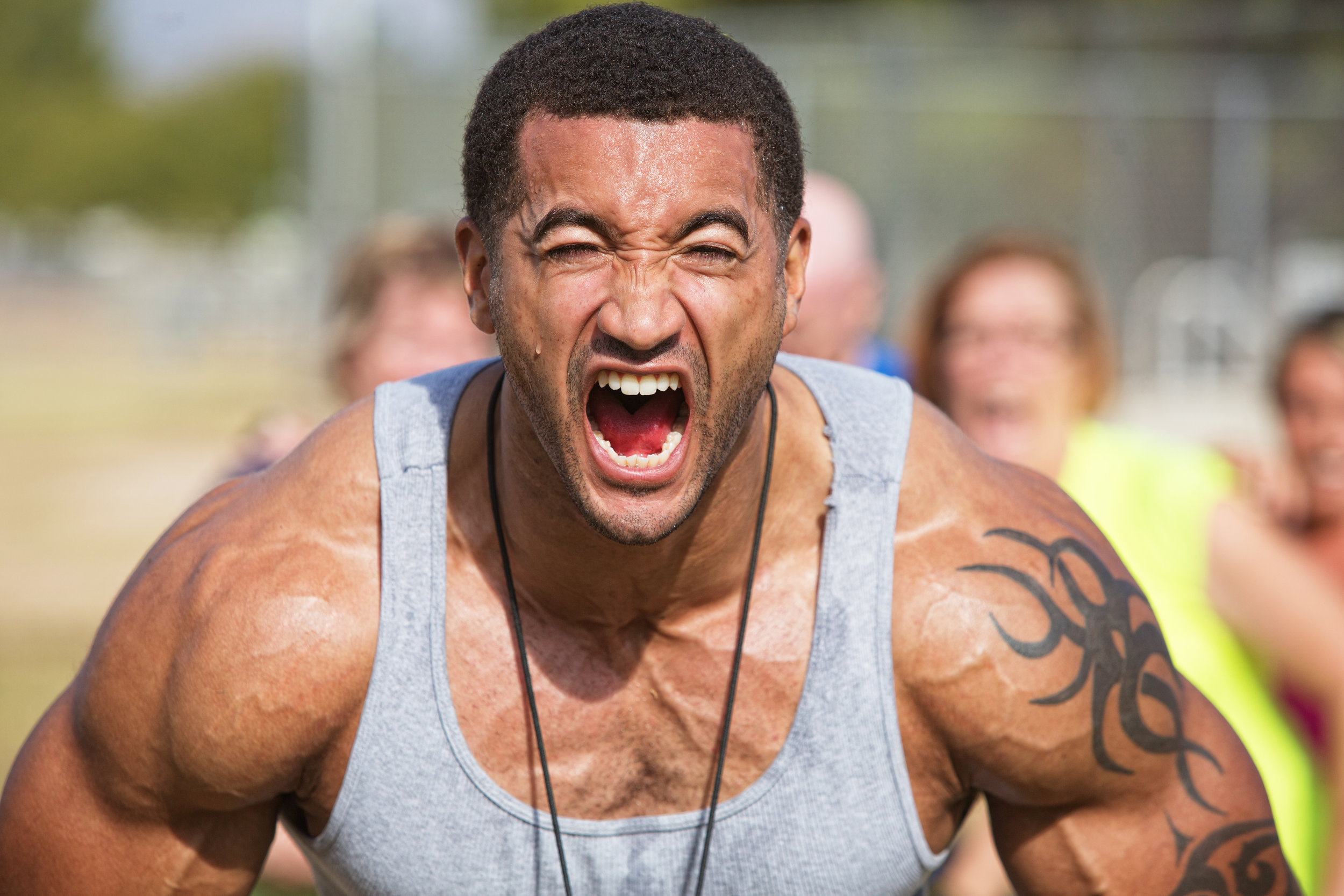1. Are you qualified?
Straight off the bat, find out if they have a qualification. If they don’t, walk right out.
Make no mistake, gyms and training studios are potentially dangerous places. I have seen some horrific lifting techniques over the years, sometimes with the trainer standing right next to the client! If your trainer is unskilled and unexperienced, you are placing yourself at risk.
If in doubt, ask them for evidence of their qualification. Most trainers will be proud to show you.
2. What’s your training style?
Are they a shouty commando-style trainer or a calm and quietly encouraging trainer? You want to find the right fit for you, or you’re just going to end up unmotivated and looking for excuses to skip your session.
A good trainer will be assessing you at the same time and working our whether YOU are a good fit for THEM.
I make no apologies for my training style. I tell prospective clients I’m a no BS kind of trainer. I won’t shout at you or hurl abuse, but I won’t sugar coat the truth either. I’ll tell you when you’re putting on weight. I’ll ask you why you’re missing sessions. But I’ll be doing it to help you get results.
On a number of occasions I’ve turned clients away because we just weren’t the right fit. And that’s fine. Better to know sooner rather than later.
3. Will it always be you?
Many gyms provide the same trainer every week. This allows consistency in coaching, builds a solid relationship and helps push you towards your goals. Other gyms have a roster which allocates you an available trainer for each session.
Neither approach is necessarily better, but if you are attending a roster-style gym you MUST ensure there is adequate communication between the different trainers.
Is there someone overseeing all the training programs? Does someone have ultimate responsibility for YOU?
Do they take and share notes on your progress, health, injuries, wellbeing etc?
What if you don’t like a particular trainer? Can you request that they NOT be rostered to your session?
Your relationship with the trainer can have a big effect on your results.
4. Can I ask for help when it’s not my session?
Everybody needs advice from time to time, and you can’t always wait until your session.
“Should the incline dumbbell bench be set to #3 or #4?”
“Is my grip too close?”
“Do I need a belt for this exercise?”
I have clients that have been training with me for over a decade that still need reminders from time to time – and that’s great! I WANT them to ask me. If they didn’t ask they might put themselves at risk of an injury.
Some gyms have significant periods with no qualified trainers on the floor - or worse, nobody in the building at all!
If you are training effectively, there will come a time when you NEED to have a spotter because you are lifting a weight close to your maximum. What do you do if nobody’s around?
5. What’s more important, training or diet?
I love this question because it can really throw some people, but the answer can provide great insight. The answer, of course, is they are both equally important. A trainer who is only interested in you for the 60 minutes of your session is not going to get you results.
I am frequently having conversations with my clients about their eating habits. I can tell when their diets are lacking because I monitor every program and take regular skin folds and body measurements.
In fact, the best answer is training, diet and mind in equal measures. Your trainer should be very clear that ultimately, it’s up to you. You have to want to get the results. We will help you every step of the way, but without that vital ingredient – mental commitment – the results won’t appear.
Anyone who tells you otherwise is selling snake oil.


